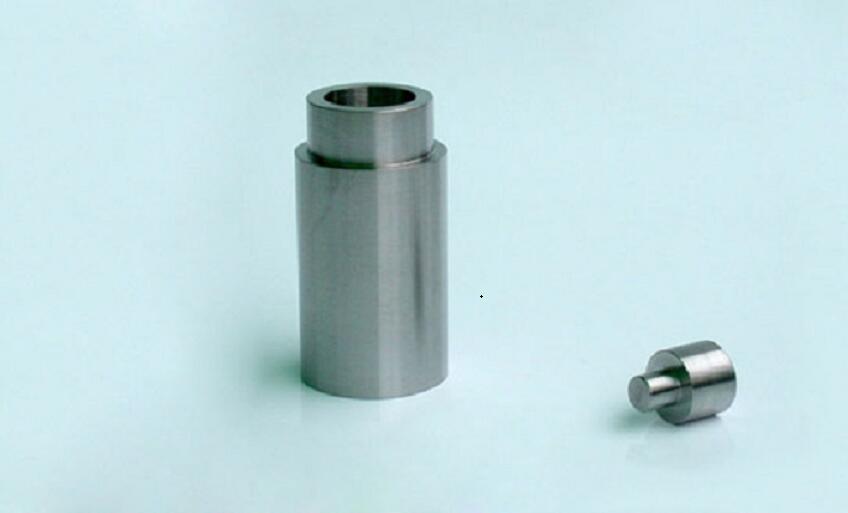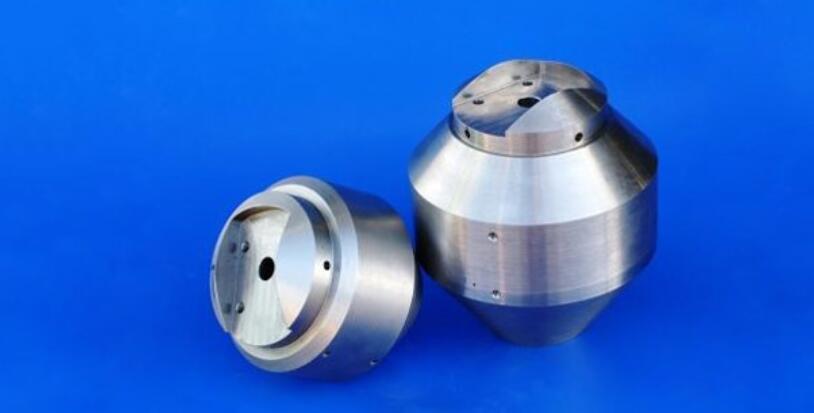Medical Tungsten Alloy Shields Characteristics & Uses

Characteristics and Uses of Medical Tungsten Alloy Shields
Tungsten alloy shields are the first choice for radiation shielding and are widely used in medical, military, and electronics fields. In this article, we will take a closer look at the characteristics and uses of medical tungsten alloy shields.

Medical Tungsten Alloy Shields
Uses of Medical Tungsten Alloy Shields
1. Radiotherapy
Tumor radiotherapy is a local treatment method that uses radiation to treat tumors and has become one of the main methods for treating malignant tumors. The shields (collimators, multi-leaf gratings, etc.) on radiotherapy equipment such as medical electronic linear accelerators and cobalt-60 therapeutic machines are made of tungsten-nickel-iron alloy. The tungsten alloy shield can reduce the particle beam or light wave so that the particle beam is irradiated in a specific direction, even if the spatial cross-section beam becomes narrower to limit the amount of radiation.
2. Medical Imaging
Medical imaging is a technology that uses imaging equipment such as CT scanners to scan a certain part of the human body through precisely collimated X-ray beams, gamma rays, ultrasound, etc. to obtain medical images.
Tungsten alloy tubes, tungsten alloy sheets, and tungsten alloy plates on the CT scanner can all play a good role in absorbing and shielding X-rays and gamma rays.
3. Radioactive Tracer
Use radionuclides to achieve medical diagnosis and treatment. A common tungsten alloy shield is a tungsten alloy syringe protective sleeve. When medical workers are administering drugs to patients, or when researchers are developing radioisotopes, they can protect workers’ arms from radiation.
Medical tungsten alloy shields are widely used. This is closely related to their excellent characteristics.
Characteristics of Medical Tungsten Alloy Shields
1. High specific gravity: the density is as high as 18.8g/cm3.
2. Strong ray shielding ability: under the condition of the same thickness, the ray shielding ability of tungsten alloy is more than 1.7 times that of lead, and the stronger the ray, the more obvious the difference between the ray shielding ability of the two.
3. Environmental protection and non-toxic: when tungsten alloy shields are produced and used, they will not harm human health, while lead is toxic.
4. High strength: the tensile strength is 700-1000Mpa.
5. Has good shaping, processability, and weldability.
6. High thermal conductivity: the thermal conductivity is 5 times that of die steel.
7. The coefficient of thermal expansion is small: the coefficient of thermal expansion is 4-6×10^-6/℃, which is only 1/2-1/3 of iron or steel.
Conclusion
Thank you for reading our article and we hope it can help you have a better understanding of the characteristics and uses of medical tungsten alloy shields. If you want to know more about tungsten and tungsten alloys, we would like to advise you to visit Advanced Refractory Metals (ARM) for more information.
Headquartered in Lake Forest, California, USA, Advanced Refractory Metals (ARM) is a leading manufacturer & supplier of refractory metals and alloys across the world. It provides customers with high-quality refractory metals & alloys such as tungsten, tungsten alloys, titanium, titanium alloys, molybdenum, tantalum, rhenium, and zirconium at a very competitive price.
{{item.content}}
LEVE A REPLY
{{item.children[0].content}}
{{item.content}}






